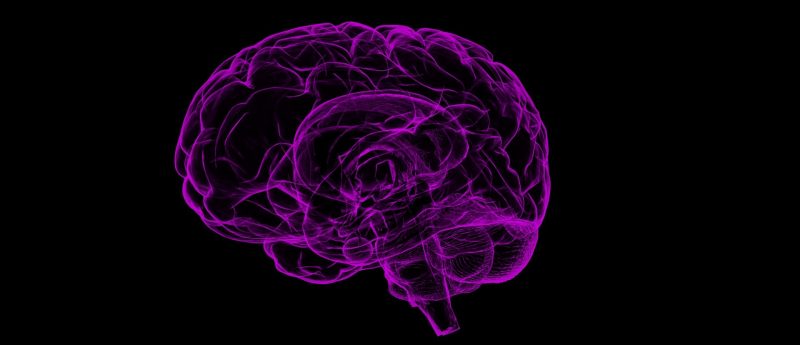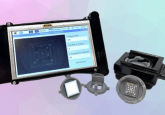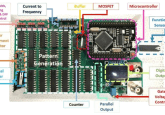New diagnostic tool could improve diagnosis of brain cancer

The University of Strathclyde (Glasgow, Scotland) has developed a patented diagnostic tool that aims to improve the diagnosis of brain cancer for patients with non-specific symptoms who are most at risk of having a brain tumor. This diagnostic tool utilizes infrared light for shortened sample preparation to produce a biosignature of blood (and its derivatives, serum and plasma) whilst artificial intelligence assesses the biochemical profile for signs of a brain tumor.
This research analyzed blood samples from 104 patients. The study reports that the diagnostic tool was able to distinguish 87% of blood samples from patients with brain cancer from healthy individuals. This diagnostic tool improves upon current technologies by being simple, label free, non-invasive, non-destructive and rapid.
The research, published in Nature Communications, was commercialized in February 2019 by ClinSpec Diagnostics (Glasgow, Scotland) and led by Matthew Baker, Department of Pure and Applied Chemistry at the University of Strathclyde and Chief Scientific Officer with ClinSpec Diagnostics, who commented: “This is the first publication of data from our clinical feasibility study and it is the first demonstration that our blood test works in the clinic. Earlier detection of brain tumors in the diagnostic pathway brings the potential to significantly improve patient quality of life and survival, whilst also providing savings to the health services.”
Holly Butler, Research and Development Director with ClinSpec Diagnostics, stated that: “The results presented are the beginning of a clinical roadmap of studies, that aim to bring the technology through regulatory approval, and ultimately to provide patients with rapid access to diagnosis and treatment.”
A partner of the research, Paul Brennan, Senior Clinical Lecturer and Consultant Neurosurgeon at the University of Edinburgh (Scotland) discussed: “Diagnosing brain tumors is difficult, leading to delays and frustration for lots of patients. The problem is that symptoms of brain tumor[s] are quite non-specific, such as headache, or memory problems. It can be difficult for doctors to tell which people are most likely to have a brain tumor. With this new test, we have shown that we can help doctors quickly identify which patients with these non-specific symptoms should be prioritized for urgent brain imaging. This means a more rapid diagnosis for people with a brain tumor and quicker access to treatment.”
Research into technology for timely brain tumor diagnosis is essential, as the majority of symptoms including headache, are often non-specific and are more frequently associated with a benign non-tumor condition. This technology could lead to a more efficient diagnosis technique for patients with brain cancer.
Sources: Butler H, Brennan PM, Cameron JM et al. Development of high-throughput ATR-FTIR technology for rapid triage of brain cancer. Nat. Comms. doi:10.1038/s41467-019-12527-5 (2019)(Epub ahead of print); www.eurekalert.org/pub_releases/2019-10/uos-btc100919.php






